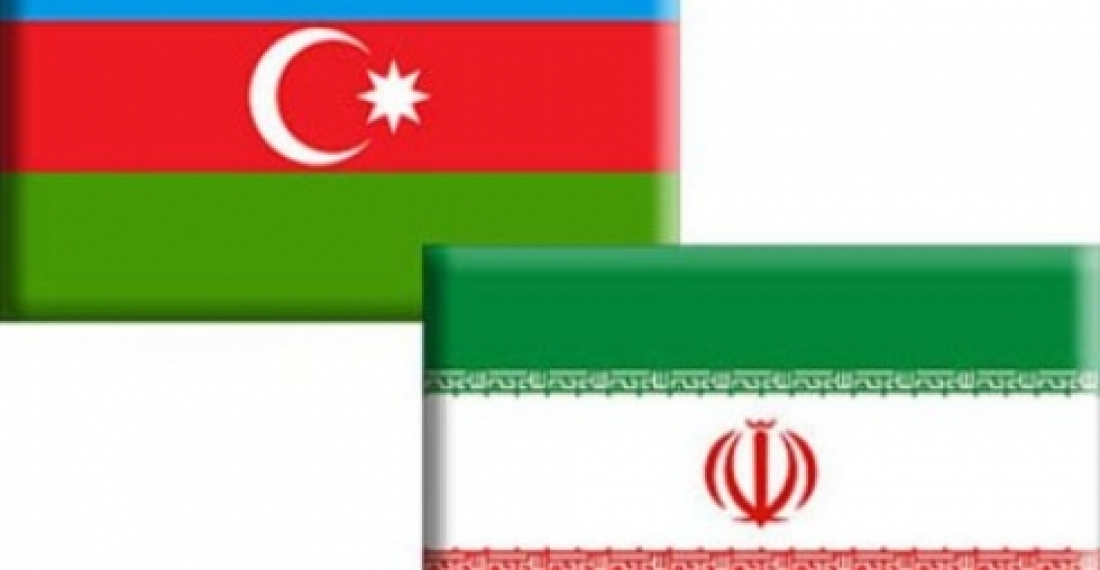Британский премьер-министр однажды сказал, что неделя это долгий период в политике. В отношениях между Ираном и Азербайджаном, однако, неделя кажется вечностью. Трудные и сложные отношения между двумя странами продолжают качаться от хороших до плохих и к хорошим снова ... и обратно.
Несколько дней назад министры иностранных дел Ирана, Азербайджана и Турции встретились в азербайджанском анклаве Нахичевань и по окончанию встречи издали декларацию, в которой обещали дружбу друг с другом. Министр иностранных дел Ирана по этому поводу описал встречу трех стран, как "три тела в одном духе". Неделю назад министр обороны Азербайджана, генерал-полковник Сафар Абиев, посетил Тегеран для встречи с президентом Ахмединежадом и другими официальными лицами. Обе стороны обещали не допустить, чтобы их территории были использованы друг против друга, и снова обещал вечную дружбу. Однако, министр обороны едва успел вернуться из Тегерана, как Баку заявило, что 22 человека были арестованы по обвинению в работе на Революционную гвардию Ирана, а также планирования диверсий в Азербайджане. Министерство государственной безопасности Азербайджана опубликовало подробный список обвинений, показывающий сговор между Ираном и антигосударственными азербайджанскими силами в течение многих лет.
В настоящее время Министерство иностранных дел Ирана вызвала посла Азербайджана в Тегеране, чтобы вручить ноту протеста против обвинений, которые Тегеран связывает с иностранными державами. Азербайджанское агентство АПА заявило, что посол Азербайджана заявил "о намерениях Азербайджана в расширении связей с Ираном", и пообещал передать сообщение своему правительству.
Политический редактор Commonspace.eu сказал в комментарии, что "Азербайджан находится в очень деликатном положении, пытаясь управлять его связями с трудным, но важным соседом. Ни одна из сторон не хочет прямого разрыва отношений, но обе стороны выдвигают свои собственные планы. Более широкий международный контекст делает эту ситуацию опасной. Есть элементы внутри иранского государства, которые не находятся в общей подчиненности, и среди них Гвардия революционного движения, которая является своего рода параллельным государством с огромными ресурсами в его распоряжении, и вооруженными силами, которые сильнее, чем у регулярных вооруженных сил. Эти элементы были наиболее активны в попытках экспортировать революционные рвения за пределы Ирана и Азербайджана, который был очевидной мишенью из-за своей близости и шиитских традиций".
Таким образом, это неделя для азербайджано-иранских отношений начинается очень плохо, но никто не знает, как закончится неделя.
Источник: commonspace.eu по материалам APA
Commentary
Неделя это долгий период в Ирано-Азербайджанских отношениях. Посол Азербайджана в Иране вызван в МИД после очередного колебания отношений от хороших к плохим.







